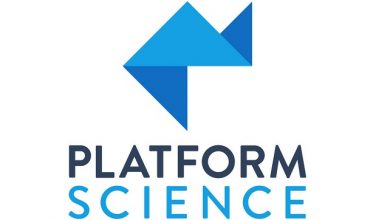ZF unveils fuel management solution TX-FUELBOT for commercial vehicle
Highly innovative real-time Big Data & Analytics-based tool which offers fleets an advanced predictive fuel management solution for vehicles in the field

ZF has introduced TX-FUELBOT™, Big Data & Analytics-based predictive fuel management tool which has been specifically designed to minimize a commercial vehicle fleet’s fuel cost. Designed for use by fleets of all sizes, TX-FUELBOT helps to tackle one of the most significant cost-drivers for fleets – their fuel bills.
Developed to take fleet fuel efficiency to the subsequent level, TX-FUELBOT captures information from truck telematics, planning and routing systems and fuel prices across the European fuel networks. The solution, already available through its Transics-branded Fleet Management Systems (FMS) range, aims to help reduce an estimated 21% of a fleet’s total annual expenditure that goes exclusively to fuel.
Leveraging data intelligence and predictive analytics, TX-FUELBOT automatically computes the most cost-effective next refueling stop for the truck driver based on cost-efficiency, taking under conideration the shortest detours, remaining driving time, and the fuel still available in the tank. The recommendations are sent directly to the driver in real-time and are made available to the back-office users via an interactive dashboard.
TX-FUELBOT is designed to be tailored to the needs of every individual fleet. It features advanced customization opportunities such as preferences on fuel brands, fuel cards, fuel stations, and even custom fuel prices and discounts.
TX-FUELBOT is the company’s latest contribution towards smart transport energy management. It follows the recent introduction of TX-ECO™, a solution that evaluates and stimulates a driver’s eco-performance and TX- FUELCOMPASS™, providing fleets with an entire view of their fuel usage.
ZF will leverage its extensive distributor and service network to support TX-FUELBOT’s launch throughout Europe, the Middle East and Turkey from September 28th, 2020.





One Comment